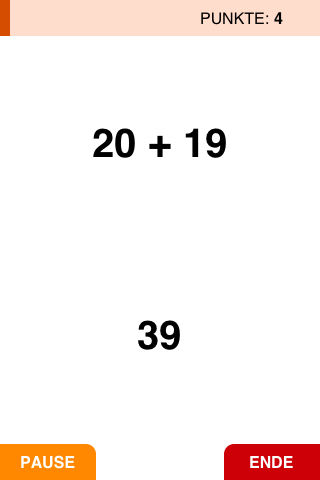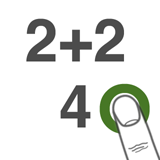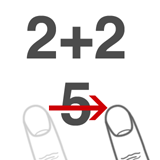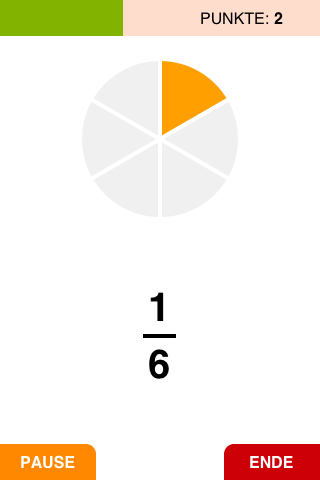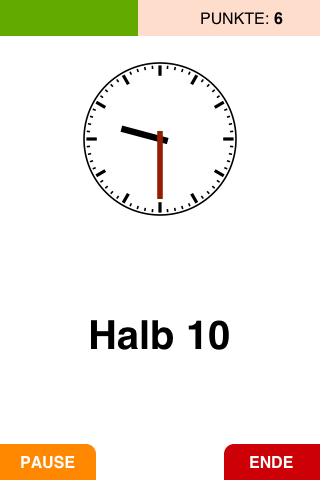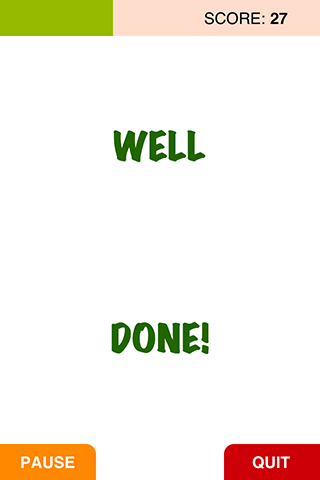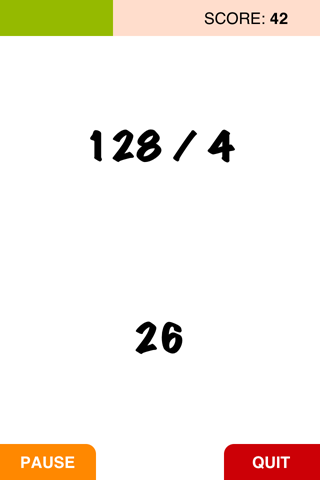Math can be fun!
Mathe-Kaiser is a game that can vastly enhance both your child's arithmetic skills and ability to focus. More than 20 different types of exercises from adding and subtracting to simple fractions and time-telling allow you to get the basics solid before you move on to algebra, calculus, etc. The game is aimed at children in elementary school, but you might be surprised to see how much your own brain can be improved...
34 types of exercises:
- Numbers up to 100
- Add I-III
- Subtract I-III
- Multiply I-III
- Multiples (14 21 _ 35 42)
- Divide I-IV
- New: Money Math
- Combi I-III
- Squares
- Fractions
- Clock I-III
- New: Area and Perimeter of Rectangles
- New: Prime numbers
More Features:
- No typing required: tap correct answers, cross wrong ones
- Overview of mistakes and misses
- Global Highscore list (monthly)
- Learn what you need: all exercise types can by combined freely

